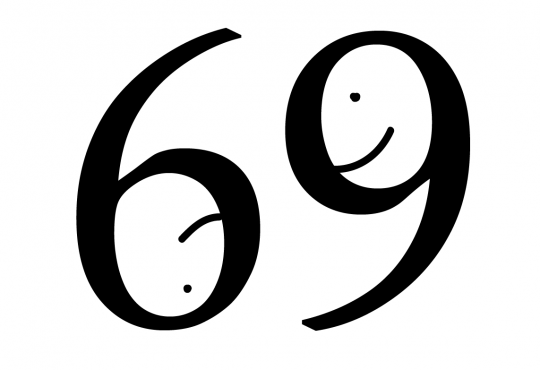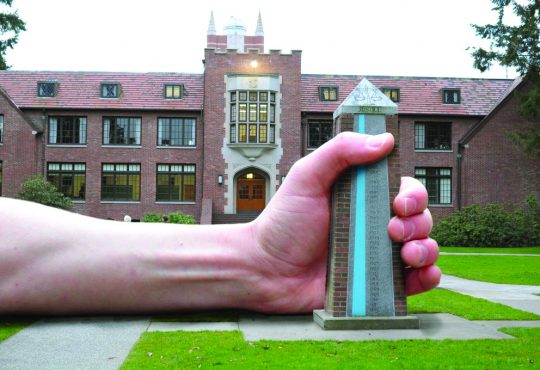Tinder is many things; it is all at once shallow, convenient and hilarious. For those not familiar with Tinder, it is an app where users swipe right if they are interested in someone’s profile or left to pass. If two people both swipe right, they are considered a match and can then send each other messages.
Many have complained that this leads to shallow evaluations. Why subject yourself to that kind of scrutiny?
In fact, it is ridiculous to pretend that this scrutiny does not already exist on some level. Attraction is an important part of relationships, and while the degree of importance may vary, it is always a factor. If people are looking to establish relationships, sexual or otherwise, Tinder is a glorious thing. In essence, people are making the mutual decision to start a conversation.
This differs from the heteronormative dating game. At least initially, there is not the exceptional pressure for the male to impress the female. With this mating call transforming into a mutual decision, the original heteronormative dating dichotomy is all but gone. Of course, how users interact after they match is up to them. It is nice to see an environment created where the initial attraction must be mutual in order for things to advance.
One issue with Tinder is the lack of gender options. People can choose either male or female, depending on what they most identify with. In many cases, though, this can be problematic and it would be nice if, like Facebook, Tinder allowed other orientations.
This issue aside, Tinder seems to be at its worst a fun place to kill time and at its best an effective tool for pairing those who share a mutual attraction. We gain a better sense of Puget Sound’s Tinder-actions when analyzing the interview responses of a handful of students.
Our first focus will be on Puget Sound student Harry Wood, a heterosexual male student who used Tinder in order to meet women. Wood began using the app to overcome a recent heartbreak. This proved to be a double-edged sword.
“It definitely worked for awhile, and at times it really did help me move on. At other times, I did feel slimy and knew that I was basically just trying to fill a void that this girl had created,” Wood said.
Many of us pursue flings to get over serious relationships. Using Tinder made this process easier for Wood. It allowed him to sext, flirt, talk and laugh at random girls who he found attractive. Nothing about this seems wrong. It is, of course, mutual approval when you match with another user on Tinder. Wood would agree that his overall experience has been positive.
Another student, Patricia Patrickson, gave what proved to be the more atypical response when interviewed.
“It was a fun way to pass the time for a while,” Patrickson said.
This may seem anti-climactic, but it better captures most Tinder users. It is also what makes Tinder so powerful. There is no pressure to go through with anything. The obvious safeguard is the fact that someone has to match with you before they can talk to you. Even if you do match, there is much less pressure to go through with anything, as opposed to everyday physical interactions, where in the heteronormative dichotomy, one person may feel immense pressure to not disappoint the other; the desensitizing nature of Tinder is what proves to be its greatest asset, especially in regards to hook-up culture.
If you think Tinder is shallow, you may be right. If you do not like what it stands for do what many students do in regards to Tinder: nothing. For those who choose to participate in this marketplace of desirability, experiences are at worst a funny way to pass the time. Do what you want, but acknowledge that Tinder is changing, if even in a small way, how we look at dating.
*All names in this article have been changed to protect student identities.






